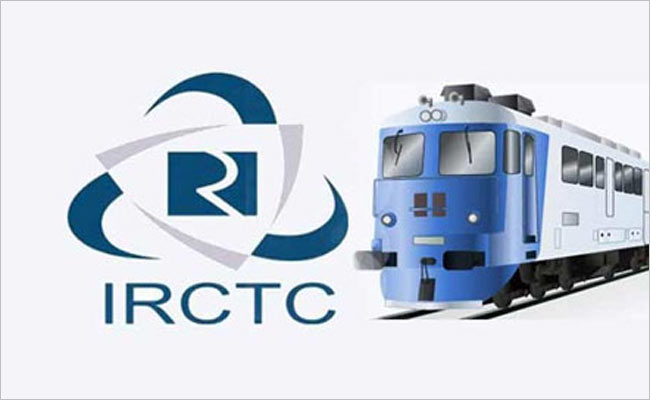The Government owned Indian Railway Catering and Tourism Corporation or popularly known as IRCTC, in an attempt to promote digital transaction had withdrawn service charge levy on booking of e-tickets soon after demonetization. This move, according to few, has made a dent in the revenues of the country’s largest e- ticketing portal.
The Centre’s decision to withdraw service charge on e-tickets cost IRCTC a 26 percent drop in internet ticketing revenue to INR 466.05 Crore in Financial Year 2016-17. Prior to demonetization, IRCTC used to levy a service charge of INR 20 and 40 on every non- AC and AC e-ticket respectively according to a report by the Economic Times.
The Economic Times report also states that the portal had sold close to about 209 million tickets during 2016-17, a 5 percent jump from 199 million tickets sold in 2015- 16. The value of tickets which were booked online only increased by 2 percent at INR 24,485.21 Crore.
The Report further states that in Financial Year 2017-18 IRCTC logged a 4.7 percent increase in total income at INR 1,596.31 Crore while gross margin and profit before tax are just over 7 percent to INR 353.42 Crore and 211.71 Crore respectively.
The service charge withdrawal took a huge toll on the operating margins of the IRCTC which came in lower at 71.17 percent in 2016-17 as compared with 42.93 in the Financial Year 2015-16.
Also in a bid to push forward Aadhar, the Indian Railways also increased the monthly cap on tickets booked on the IRCTC portal from 6 to 12 for Aadhar verified passengers. IRCTC allows passengers to book up to six tickets a month without validating their Aadhar cards. On the e-ticketing portal, under the general quota, six passengers can be reserved on a single ticket while on tatkal bookings only four passengers are allowed per ticket.

